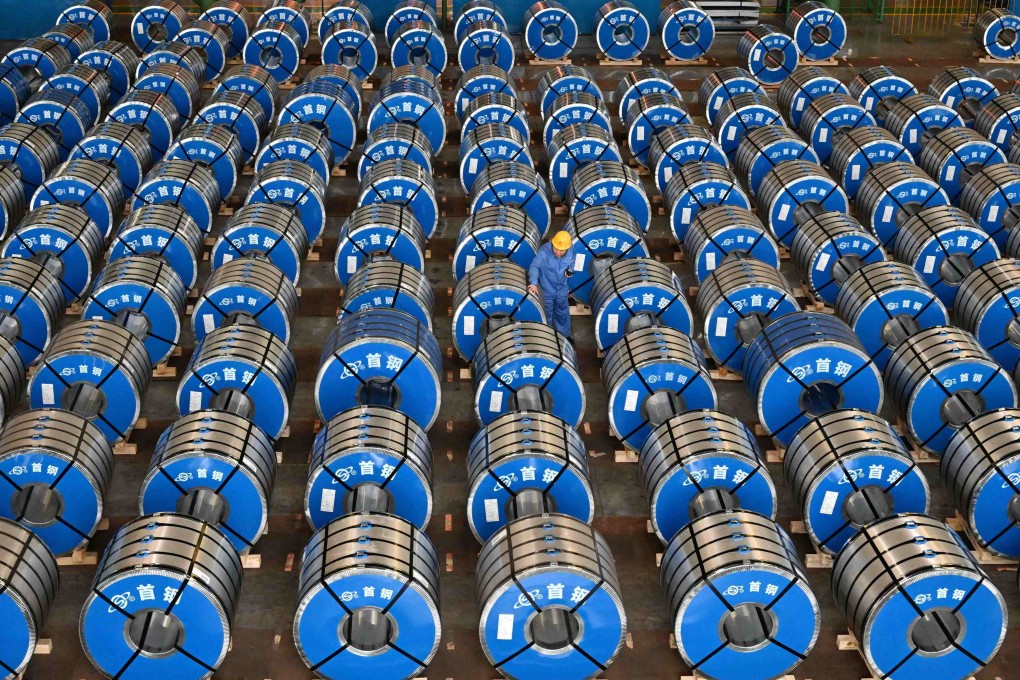Opinion | Carmakers must steel themselves to address carbon emissions in supply chains
- Carmakers are focusing on electrification, but new climate legislation will make procurement of low-carbon steel a point of competition
- Traditional carmakers should lay out ambitious steel decarbonisation targets now, along with their electrification road maps, or risk losing out once again

The auto industry’s carbon emissions from steel are extremely high – we estimate that they rival those of the entire country of Australia. On average, steel contributes 30 to 40 per cent of a vehicle’s material emissions. With the transition to battery electric vehicles, the portion of steel in auto emissions is growing. By 2040, materials are on track to account for 60 per cent of automotive life-cycle emissions, according to a McKinsey analysis.
In East Asia, which is home to 60 per cent of global crude steel production, the impact of CBAM will be especially pronounced. Analysts have forecast that CBAM-related tariffs on steel exports from China could reach over US$350 million, and tariffs on steel exports from South Korea could be nearly US$200 million.
In the future, carmakers and other downstream producers are likely to seek out steel suppliers with lower carbon intensity to avoid sky-high tariffs.

.jpg?itok=ko3c_Df-&v=1692865151)